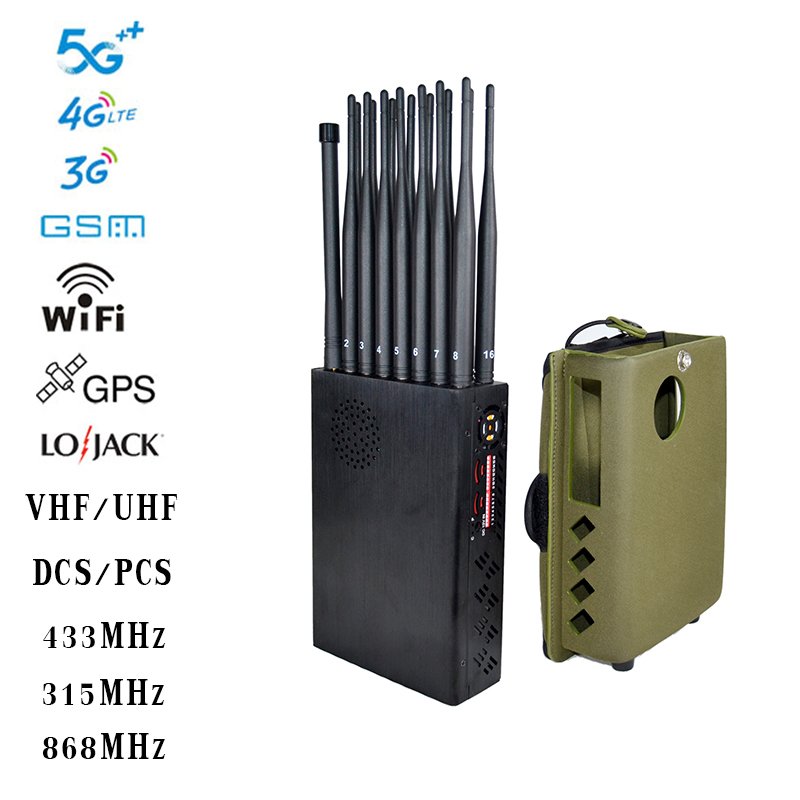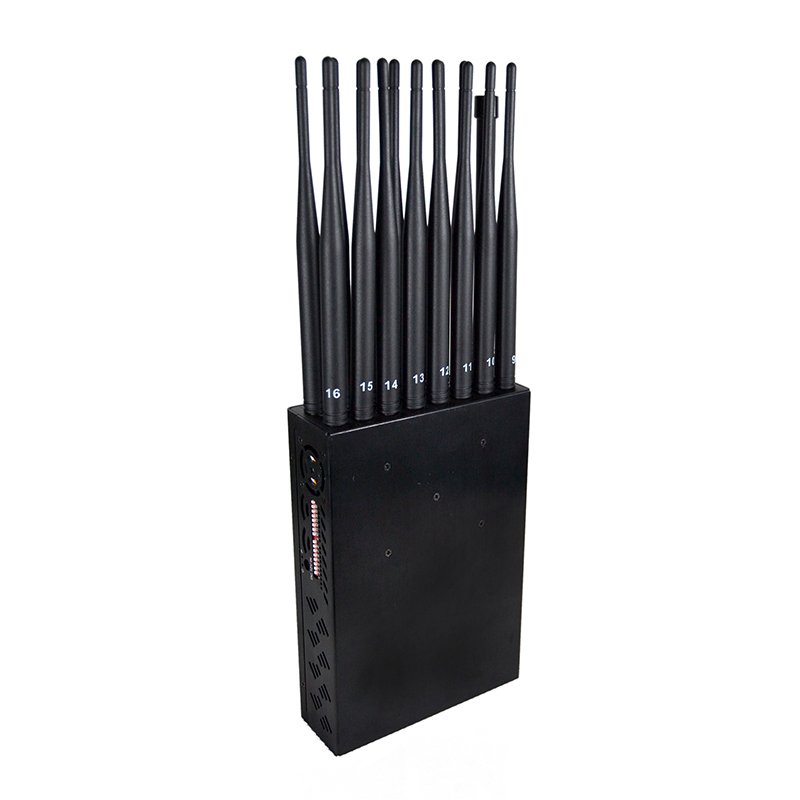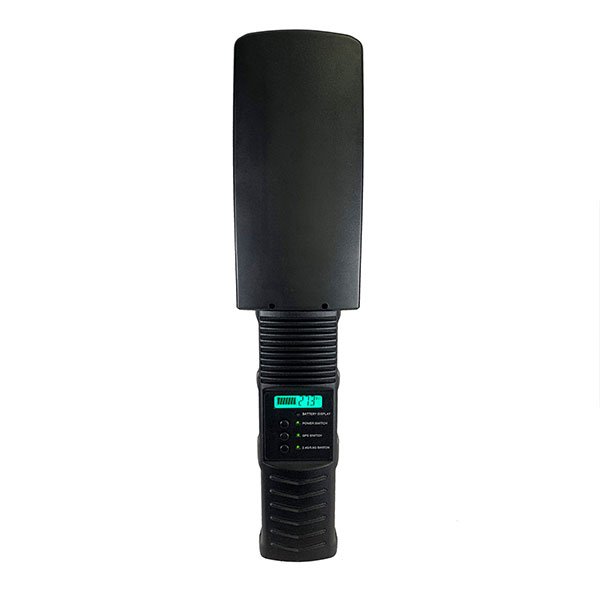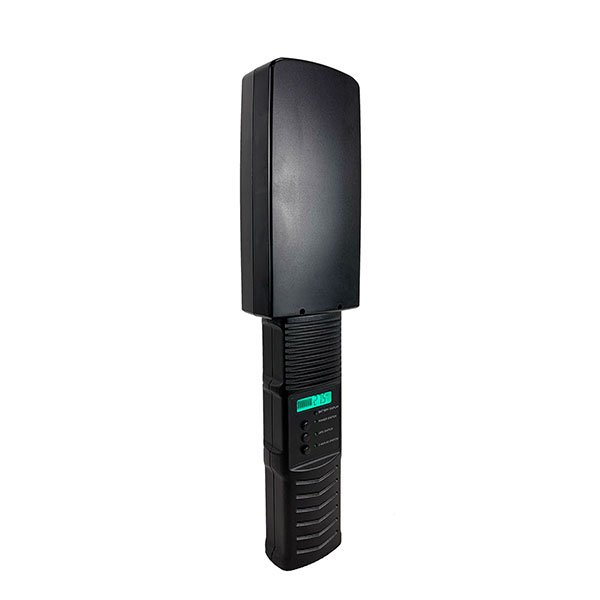Why are cell phones not allowed at gas stations? Let’s explore the reasons behind this restriction based on the opinions of the editors of Cell Phone Signal Jammer.
Gas stations are places where flammable and explosive fuel products are stored and handled. They are spread across cities and rural areas, and it is vital to ensure fire safety in these places.
The use of cell phone signal jammers at gas stations is based on an analysis of previous fire incidents. Gas station fires have similarities to general fires, but also have unique characteristics because oil products are highly flammable and oil-gas mixtures are prone to explosion.
Operational accidents mainly occur during the process of unloading oil, metering oil, refueling, and cleaning oil tanks. These activities expose oil to the surrounding air, and if the correct operating procedures are not followed, there is a risk of ignition and combustion when oil or oil vapor comes into contact with the fire source.

Fire accidents usually occur during the unloading process, and about 60% to 70% of gas station fires occur at this stage. Typical accidents include:
1.Oil spill:
The liquid level is not monitored when unloading the oil, resulting in oil spills, which rapidly increase the concentration of oil vapor in the surrounding air to reach or exceed the flammable limit.
2.Oil dripping:
Damage to the oil unloading hose, failure of the gasket, loose fastening bolts of the quick connector, causing oil to drip onto the ground. If there is a spark, it may catch fire immediately.
3.Static electricity ignition:
The oil pipe has no static grounding, the oil is unloaded by sputtering, and the tanker has no static grounding during oil unloading, which leads to static electricity accumulation and discharge, igniting fuel vapor.
4.Open flames during oil unloading:
When the oil is unsealed, a large amount of oil vapor may overflow from the oil unloading port. If there are fireworks or sparks nearby, it may cause explosions and fires.
The fire safety management of gas stations should adhere to the principle of “combining software and hardware, combining human defense and technical defense, and not letting go of key points”, master the laws and characteristics of gas station fires, take targeted fire-fighting measures, eliminate the hidden dangers and inducing factors of fire and explosion accidents, and improve the fire prevention capabilities of gas stations.

The emergency rescue work of gas station fires should focus on enhancing the emergency response capabilities of gas station employees, formulating fire-fighting plans, conducting fire drills regularly, and implementing personnel responsibilities. Continuously supervise the operation of gas stations to promptly discover and deal with fire hazards. Once a fire occurs, the location, cause and extent of the fire should be quickly analyzed and assessed to determine the appropriate disposal plan. Quickly obtaining firefighting equipment and staying close to the fire source can maximize the firefighting effect.







